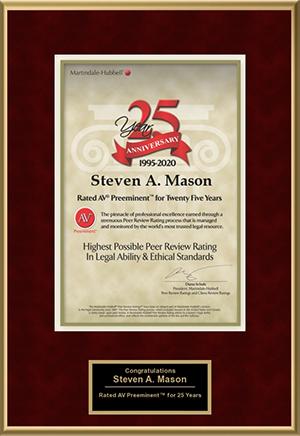Online silence the best policy in alimony dispute
For those in Florida who are struggling with a former spouse over the payment of spousal support, it is important to take precautions against worsening one’s legal stance through online activities. Specifically, posting comments and photos to sites such as Facebook or Twitter can seriously harm your ability to make a compelling legal argument concerning alimony in a court of law. In such cases, abstinence is the best policy, although one that few divorcing spouses select.
What you post online paints a picture of you, one that is not always accurate or flattering. For those who are trying to make the argument that they cannot afford a certain level of alimony payment may be called upon to answer to postings that suggest a high-dollar lifestyle. Therefore, posting photos of your latest vacation, newly acquired car or other expensive acquisition can all lead to those pieces of information being used as evidence against you.
Trying to remove these types of postings can also be problematic. Once something has been put out into the virtual universe, it is nearly impossible to fully retract it. Even worse, attempting to delete photos or comments can actually make an individual appear to be destroying evidence, which can have every greater legal ramifications.
The best course of action when it comes to preparing a legal argument intended to decrease alimony is to be as conservative as possible in one’s online activities. By avoiding the temptation to share details of your life with the world, or even just with your online “friends,” you also reduce the risk of having to explain those postings in a court of law. Florida residents must understand that we live in an ever-increasingly interconnected digital world, and the courts are beginning to integrate this type of evidence more and more often.
Source: The Huffington Post, The Divorce Mistakes You Don’t Even Know You’re Making, Taryn Hillin, March 18, 2014






















